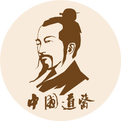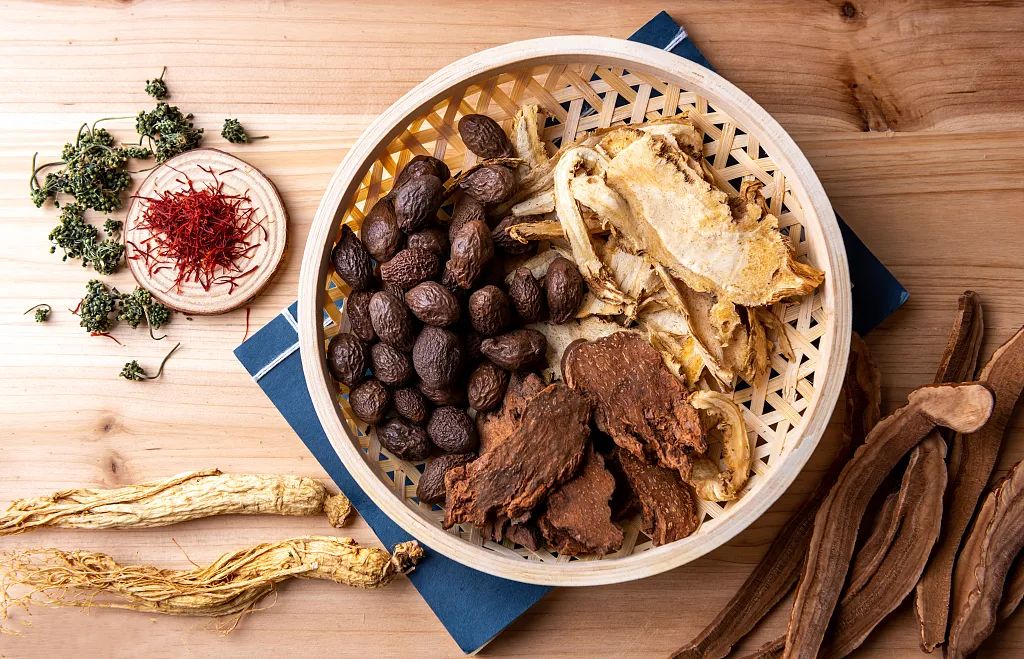


In Traditional Chinese Medicine (TCM), treating diseases requires not only a correct diagnosis of the patient’s condition but also a proficient understanding of the properties of Chinese herbs to effectively apply them in clinical practice.
The properties of Chinese medicine refer to the fundamental nature and characteristics of herbal medicines, also known as medicinal properties. The theory of medicinal properties is the core of TCM, primarily encompassing the Four Qi, Five Flavors, meridian affiliations, ascending and descending actions, and toxicity.
There are numerous varieties of Chinese herbs, each with a specific range of applications. For example, Da Huang (Rhubarb) can treat constipation, Zi Su (Perilla) can treat colds, Huang Qi (Astragalus) can treat Qi deficiency, and Pu Gong Ying (Dandelion) can treat abscesses and boils. Different conditions require the selection of different herbs for treatment.



 The Four Qi: Cold, Hot, Warm, Cool
The Four Qi: Cold, Hot, Warm, Cool

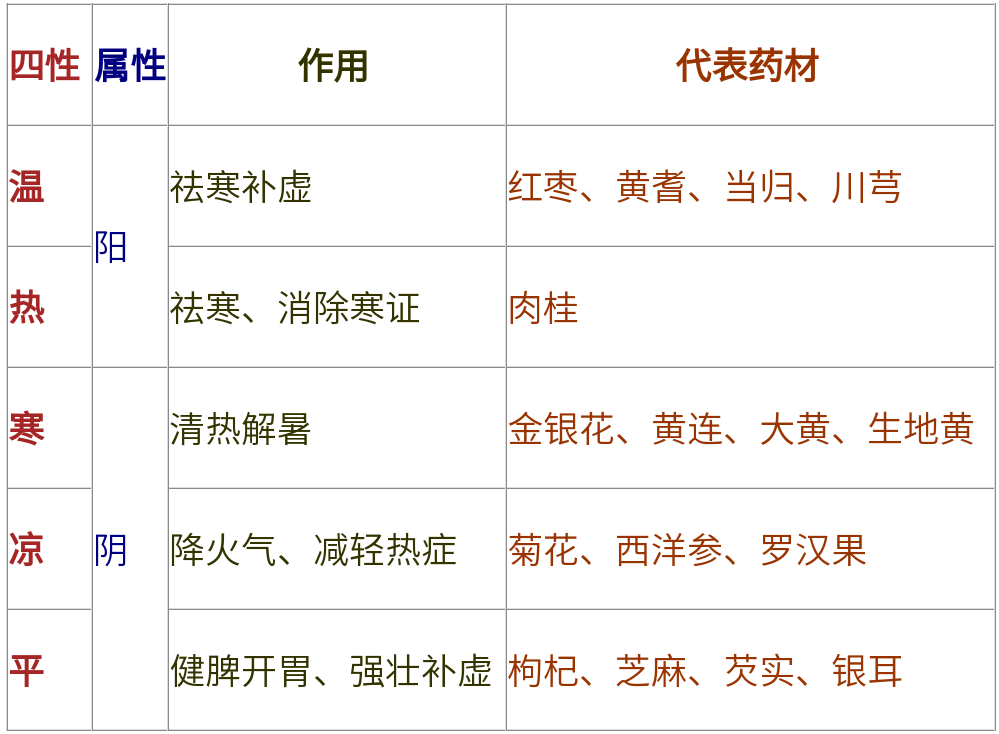
The Four Qi and Five Flavors represent the properties and tastes of medicinal substances, encompassing both the medicinal properties and flavors. The term ‘Qi’ also refers to ‘nature’, thus the Four Qi are also known as the Four Natures.
The Four Qi consist of the four medicinal properties: Cold, Hot, Warm, and Cool. Cold and Cool are opposing properties, while Cold and Cool, as well as Hot and Warm, differ in degree; that is, they share the same property but differ in intensity. Warm is less intense than Hot, and Cool is less intense than Cold.
The properties of Cold, Hot, Warm, and Cool are derived from the reactions of medicinal substances on the human body. For example, symptoms such as aversion to cold, fever, clear nasal discharge, prolonged clear urination, and a white tongue coating indicate Cold symptoms. In this case, using Zi Su (Perilla) and Sheng Jiang (Fresh Ginger) in a decoction can induce sweating and alleviate these symptoms, indicating that the properties of Zi Su and Sheng Jiang are Warm and Hot. Conversely, if there are symptoms of boils, redness, swelling, and pain in a localized area, along with yellow urination, a yellow tongue coating, or fever, these indicate Hot symptoms. In this case, using Jin Yin Hua (Honeysuckle) and Ju Hua (Chrysanthemum) can be effective, indicating that their properties are Cold and Cool.
Generally, Cold and Cool herbs primarily have functions such as clearing heat, draining fire, and detoxifying, and are commonly used to treat heat-related diseases. Warm and Hot herbs mainly function to warm the center, assist Yang, and disperse Cold, and are typically used to treat Cold-related diseases. Additionally, there are some neutral herbs whose Cold and Hot properties are not distinctly pronounced; in fact, they may have slight Warm or Cool tendencies, which is why they are referred to as neutral, but they still fall within the scope of the Four Natures. Therefore, the essence of the Four Natures is fundamentally Cold and Hot.

 The Five Flavors: Spicy, Sweet, Sour, Bitter, Salty
The Five Flavors: Spicy, Sweet, Sour, Bitter, Salty

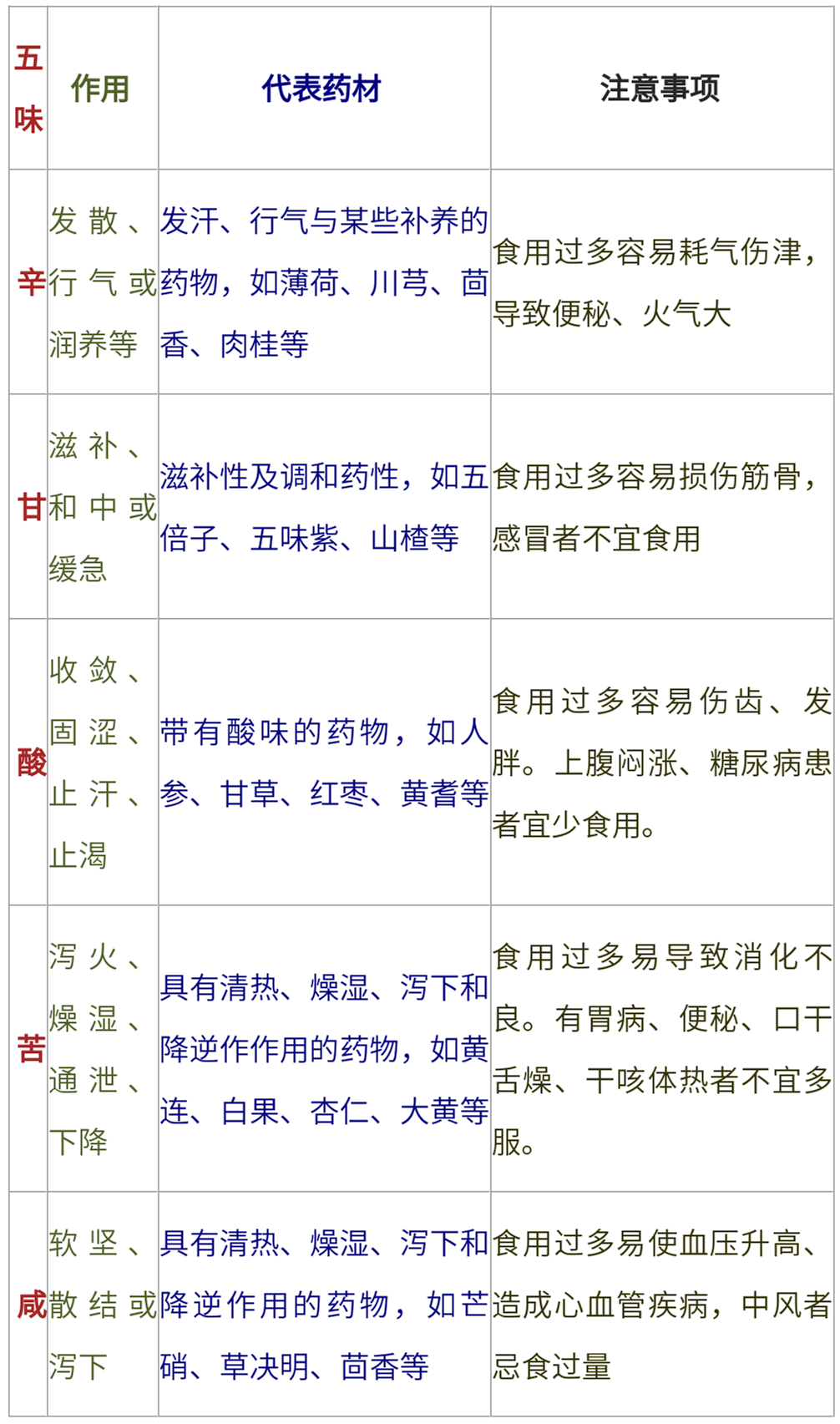
The Five Flavors consist of Spicy, Sweet, Sour, Bitter, and Salty, which are identified primarily through the taste organs or determined based on their clinical effects.
Additionally, since the Bland flavor does not have a distinct taste, it is generally grouped with the Sweet flavor, referred to as “Bland attached to Sweet”; simultaneously, the Astringent flavor has effects similar to the Sour flavor, thus although there are seven flavors, they are commonly referred to as the “Five Flavors”.
The relationship between Qi and flavor is very close; each medicinal substance possesses both a specific Qi and a specific flavor. Since Qi has its own effects and flavor has its own effects, it is essential to consider both together. For example, Lu Gen (Reed Rhizome) has a Sweet and Cold nature; Sweet can generate fluids, and Cold can clear heat, indicating that Lu Gen’s primary functions are to clear heat and generate fluids. Zi Su (Perilla) has a Spicy and Warm nature; Spicy can disperse, and Warm can dispel Cold, indicating that Zi Su’s primary function is to disperse Wind and Cold.
Generally, medicinal substances with similar Qi and flavor have similar primary effects; those with different Qi and flavors will have different effects. Even if the Qi is the same but the flavors differ, or vice versa, there will still be similarities and differences in efficacy. For instance, among Cold herbs, if the flavors differ, whether Bitter Cold or Spicy Cold, their effects will vary. Huang Lian (Coptis) is Bitter Cold and can clear heat and dry dampness; Fu Ping (Duckweed) is Spicy Cold and can disperse Wind-Heat. Similarly, among Sweet herbs, if the Qi differs, whether Sweet Warm or Sweet Cold, their effects will also differ. Huang Qi (Astragalus) is Sweet Warm and can tonify Qi; Lu Gen (Reed Rhizome) is Sweet Cold and can clear heat and generate fluids. Therefore, when identifying medicinal properties, one must not isolate the Qi from the flavor.





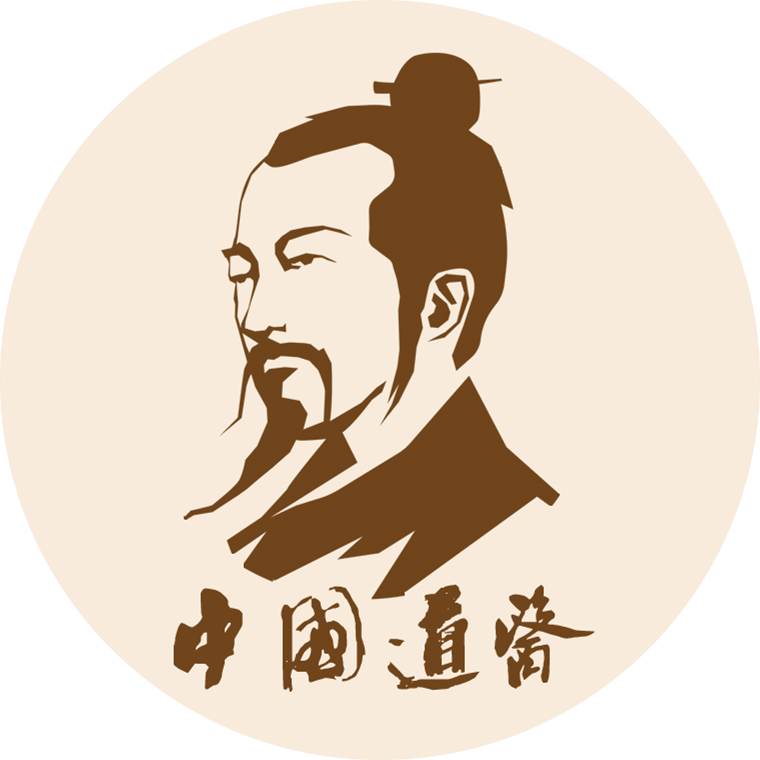
Daoist Medical Video Channel
⊙ The content of this article is for clinical thought reference only; non-TCM professionals should not attempt to use herbs.
⊙ Some images and texts are sourced from the internet; please contact us for removal if there are any copyright infringements.
⊙ For Daoist medical consultations, add WeChat ID: chongdaoe
⊙ For submissions and collaborations: [email protected] (original submissions are welcome)
Selected Articles
❶ Essential Summer Health Tips: Does TCM Help You Avoid Cold and Cool? Is There Any Truth to It?
❷ Chen Pi (Dried Tangerine Peel) Paired with a Treasure, Comparable to Ginseng, Stops Cough and Strengthens the Spleen While Calming the Mind!
❸ How High is Your “Cultivation Root?” Even Practitioners with Average Roots Have Optimal Cultivation Methods!
❹ Chinese Medicine: The Wonderful Use of “Mulberry Leaves” Has Remarkable Effects, Have You Tried It?
❺ Place This on Your Belly While Sleeping to Protect Your Cardiovascular System All Night, Lose Your Belly in Half a Month!
❻ Learn One Chinese Herb Every Day: Shan Dou Gen (Sophora Root)!
❼ If Dampness is Not Eliminated, Hundreds of Illnesses Will Afflict You! Use This Method to Effectively Remove Years of Accumulated Cold Dampness!
❽ One Chinese Herb, Unblocking the Three Jiao! Clears Heart and Lung Fire Above, Drains Stomach Fire Below, and Kidney Fire Below, Unique Efficacy!
❾ With the Right Direction in Standing Meditation, You Need Not Fear the Long Journey Ahead!
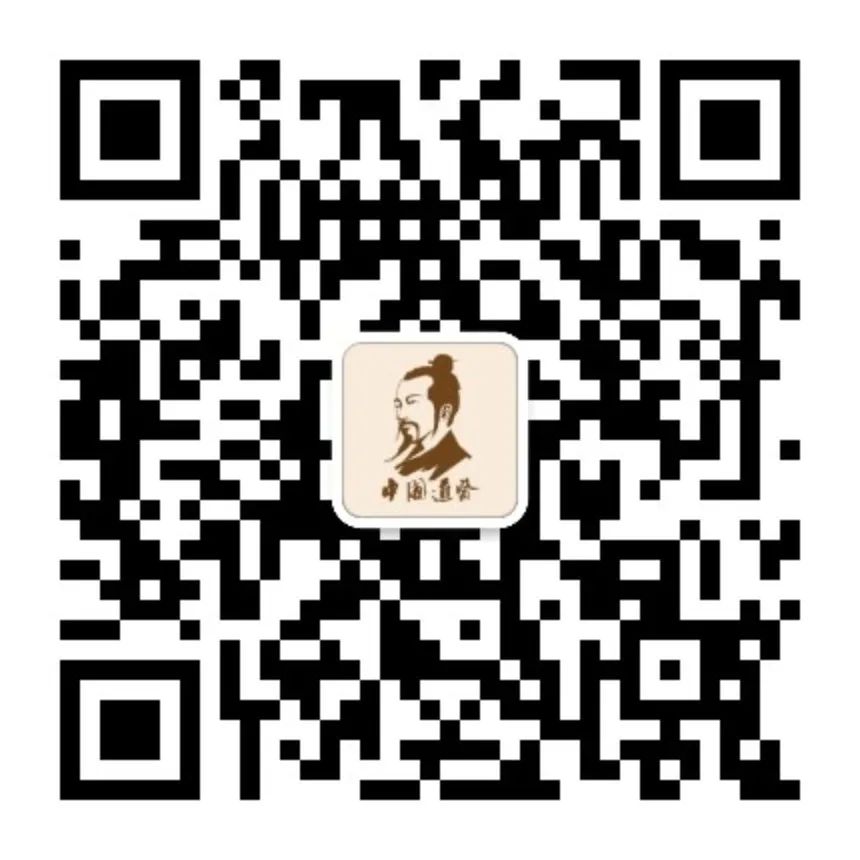
 Scan to Follow Daoist Medicine
Scan to Follow Daoist Medicine
Here, there are no chicken soup recipes, folk remedies, rumors, or advertisements, only reliable Daoist health and wellness knowledge.


